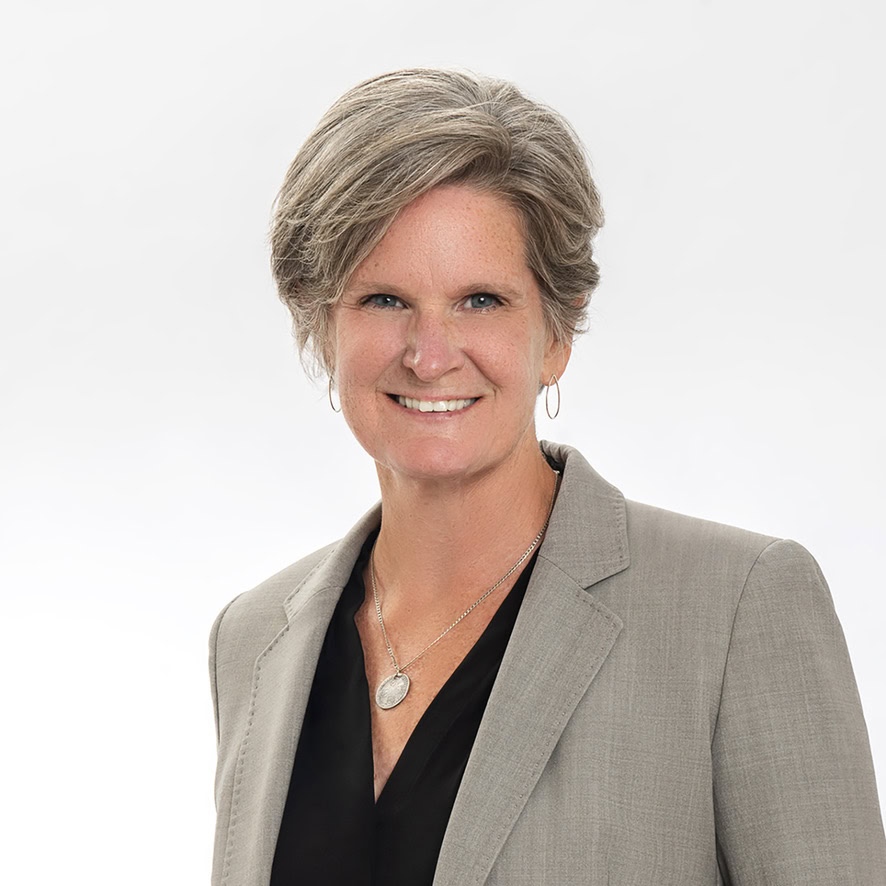Physicians are increasingly exposed to moral injury because of the conflict between their desire to help their patients and the demands of a healthcare system that often hinders their efforts, according to Wendy Dean, MD, CEO and co-founder of Moral Injury of Healthcare, a nonprofit organization dedicated to addressing physician distress. Dr. Dean discusses this dilemma during Digestive Disease Week® (DDW) 2024.

“Clinicians and healthcare teams as a whole feel paralyzed. They have taken an oath to put patients first, but the priorities and regulations of the healthcare system put them at odds with that oath. And standing up to those barriers can cause real consequences,” Dr. Dean says. “Physicians are left with a sense of having compromised their personal values or betrayed their moral principals, which hurts them and hurts healthcare organizations.”
The U.S. healthcare system has seen an exodus of physicians and nurses over the past few years, exacerbated by the COVID-19 pandemic. Much of this has been attributed to physician burnout, she says. However, work by the Moral Injury of Healthcare suggests that interventions to improve burnout have not moved the needle on workplace distress overall.
“Even before the pandemic, rates of physician burnout were consistently near 40%,” says Dr. Dean. “This isn’t just about individual workers who are struggling.”
Dr. Dean calls for a reframing of defining workplace distress. She notes that while both moral injury and burnout are forms of distress, they are distinct. In addition, the Moral Injury of Healthcare has found that physicians and other healthcare workers often report that the concept of moral injury aligns more closely with their experience than that of burnout.
“Physicians can, and often do, experience both moral injury and burnout,” she says, “but these are two separate phenomena that are not necessarily related to each other. Burnout is often related to overburden while moral injury is a result of relational rupture.”
Moral injury can have real impacts on physicians and healthcare organizations:
- Physicians are likely to experience increased psychological and emotional distress that extends beyond job dissatisfaction or decreased performance to include symptoms of depression and anxiety as well as feelings of guilt, grief, shame and anger.
- Healthcare organizations may experience greater employee turnover at all levels and poor employee engagement. Moral Injury of Healthcare is researching broader, systemic-level impacts of moral injury.
“Moral injury is not confined to particular specialties and it is not only a clinician problem,” Dr. Dean says. “Moral injury affects managers, leaders, executives, administrators and non-clinical staff.”
Addressing moral injury requires thinking beyond typical solutions often implemented by healthcare organizations to improve physician well-being. Methods such as resiliency training and mindfulness can be helpful for individuals, she said, but they are insufficient to bring about meaningful and lasting change.
“Moral injury represents a breakdown in the fabric of a community,” she says. “It is not about individuals, and it cannot be addressed solely with the individual-level solutions we often see in our organizations. Repair will occur through systems and community-level changes.”
“When we run our healthcare systems like big businesses, physicians suffer and patients suffer,” she concludes.
Dr. Dean’s oral presentation, “What is moral injury, and why does it matter?” on Saturday, May 18, at 2 p.m. EDT is part of the session “Reframing the Conversation Around Clinician Distress: Fostering a Culture of Wellbeing Through Organizational Change.”



One Response
I totally agree that change needs to be people led based on social justice principles. Most professions do not know how to work collectively to facilitate systemic chance. They burn out when they try to do it themselves. Participatory developmental social change is not the only solution but is one that is overlooked in professional training which is mainly focused on providing the services often within a system which needs changing .